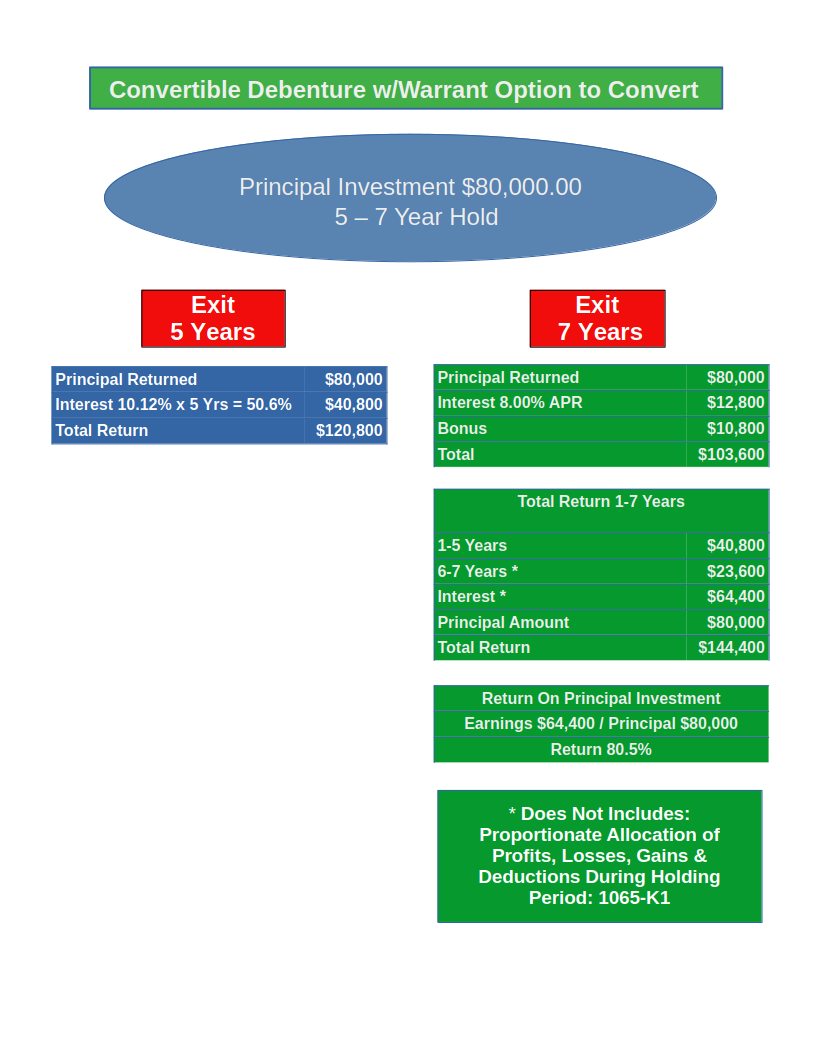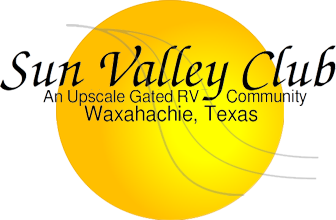
-
Ease of Setup:SEP IRAs are known for being easy to set up and maintain, making them a popular choice for small businesses and self-employed individuals.
-
Tax Advantages:Contributions to a SEP IRA are tax-deductible, and the earnings grow tax-deferred until retirement.
Self Directed IRA (Individual Retirement Account)
A self-directed IRA (SDIRA) is a type of Individual Retirement Account (IRA) that allows you to invest in a wider range of assets beyond traditional stocks, bonds, and mutual funds, including real estate, precious metals, and private placements. (Please consult with your Tax, Accounting or financial planning professional)
Here's a more detailed explanation:
Key Features of a Self-Directed IRA:
Flexibility:
SDIRAs offer more flexibility in investment choices compared to regular IRAs, allowing you to invest in alternative assets.
Alternative Investments:
You can invest in assets like real estate, precious metals, private equity, cryptocurrency, and more.
Self-Managed:
While a custodian or trustee manages the account, you, as the account holder, are responsible for making investment decisions and managing the assets.
Tax Advantages:
SDIRAs retain the same tax advantages as traditional or Roth IRAs, meaning contributions may be tax-deductible (traditional IRA) or withdrawals are tax-free (Roth IRA).
Specialized Custodians:
SDIRAs are typically available through specialized firms that offer SDIRA custody services.
Important Considerations:
Due Diligence:
As you are responsible for managing the investments, thorough research and due diligence are crucial.
Rules and Regulations:
SDIRAs are subject to IRS rules and regulations, including those related to prohibited transactions (e.g., "no self-dealing" rule).
Potential Risks:
Investing in alternative assets can involve higher risks, such as illiquidity and potential fraud, so it's essential to understand the risks involved.
Seek Professional Advice:
Consider consulting with a financial advisor and tax professional to understand the implications of investing in a self-directed IRA.
Self Directed 401K Retirement Plan
A self-directed 401(k) is a retirement plan that allows you to invest your retirement funds in a wider range of assets, including real estate, private equity, and precious metals, rather than being limited to traditional investments like stocks and bonds. Here's a more detailed explanation: (Please consult with your Tax, Accounting or financial planning professional)
• Increased Investment Options:
Unlike traditional 401(k)s, which typically offer a limited selection of mutual funds and stocks, a self-directed 401(k) allows you to invest in a wider array of assets.
• Greater Control:
You have more control over your investment choices and can tailor your portfolio to your specific needs and risk tolerance.
• Tax Advantages:
Self-directed 401(k)s offer the same tax advantages as traditional 401(k)s, including tax-deferred growth and potentially tax-free withdrawals in retirement (depending on the type of 401(k) - Roth or Traditional).
• Suitable for Self-Employed Individuals:
Self-directed 401(k)s, also known as solo 401(k)s or individual 401(k)s, are particularly well-suited for self-employed individuals and small business owners who want to save aggressively for retirement.
• Contribution Options:
You can make contributions as an employee and as an employer, potentially doubling your contribution limits compared to traditional retirement accounts.
• Rollover and Withdrawal Rules:
The withdrawal and rollover rules are the same as for traditional 401(k) plans or IRAs.
Examples of Investments:
• Real estate
• Private equity
• Precious metals (gold, silver, etc.)
• Digital assets (cryptocurrencies)
• Syndications
• Hedge funds
• Promissory notes
• Tax liens
• Mortgage notes
